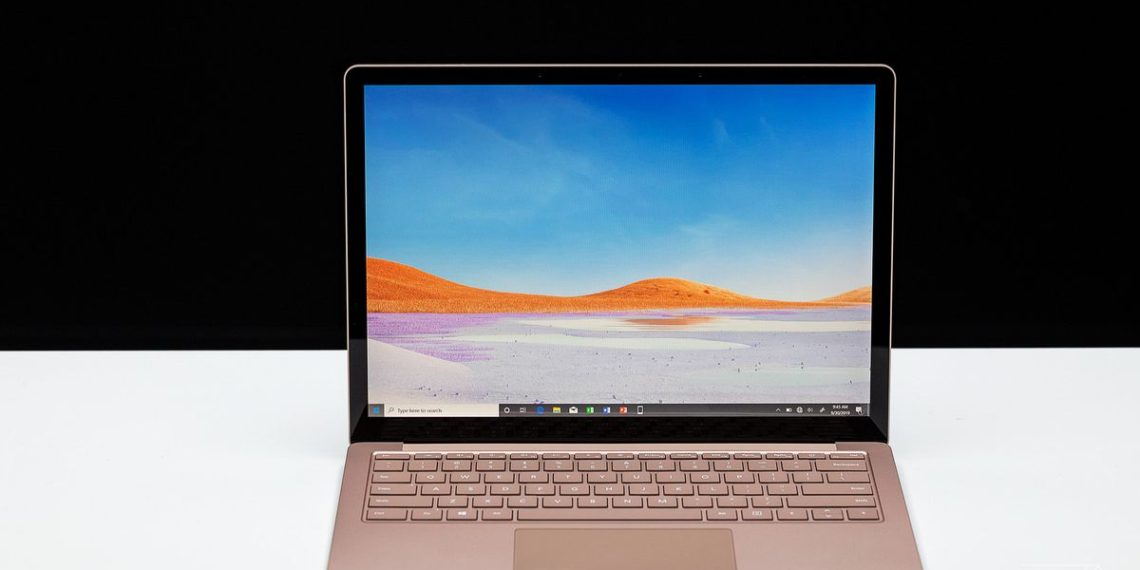The US PC market has declined during the recent quarter, due to pandemic-related supply issues. It’s the first time the US PC market has declined since the pandemic began causing lots of people to rush out and buy new PCs over the past 18 months. Overall, Gartner and IDC analysis both suggest the worldwide PC market grew in Q3, but at a slower rate than we’ve seen during the pandemic.
Gartner says “consumer and educational spending began to shift away from PCs to other priorities,” during the quarter, leading to less demand for PCs. That’s illustrated best by a 17 percent drop in Chromebook shipments, which Gartner has included in its traditional PC shipments for the first time ever this quarter. Both IDC and Gartner report 84.1 million shipments of PCs in Q3, while IDC puts the number at 86.7 million.
:no_upscale()/cdn.vox-cdn.com/uploads/chorus_asset/file/22900781/bfarsace_211004_4777_0043.jpg)
IDC and Canalys both point towards pandemic-related supply issues. “The PC industry continues to be hampered by supply and logistical challenges and unfortunately these issues have not seen much improvement in recent months,” says Jitesh Ubrani, research manager for IDC’s mobile and consumer device trackers.
These supply issues appear to have impacted laptops more than desktops, with both Gartner and Canalys highlighting stronger desktop PC growth. “These component shortages are expected to persist into the first half of 2022,” says Gartner, after Microsoft, Nvidia, and TSMC have all warned about industry chip shortages continuing well into 2022.
The shortages and US PC market performance comes just as Microsoft has launched Windows 11. The software giant started shipping Surface devices equipped with Windows 11 last week, alongside laptops from OEMs like Asus, Lenovo, and HP. Other PC makers like Acer, Dell, and Samsung will also be releasing new Windows 11 devices soon.
The shortages could make it more difficult to find a Windows 11 PC during this holiday season, with supply chain issues affecting Wi-Fi modules, power management circuits, and much more.
Credit: Source link




















